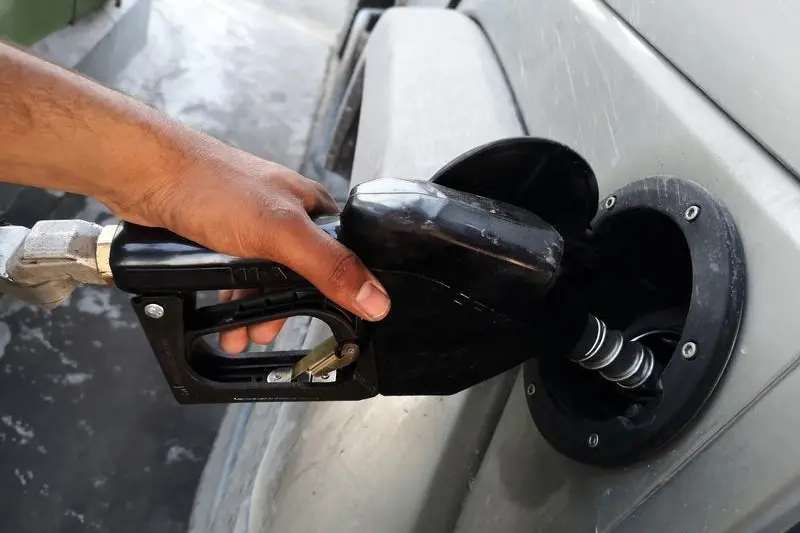PHOTO
TOKYO: Oil prices declined on Tuesday but the market was on tenterhooks over the threat of retaliation for attacks on Saudi Arabian crude oil facilities that halved the kingdom's output and prompted a price spike not seen in decades.
Saturday's attacks raised the spectre of a major supply shock in a market that in recent months has been preoccupied with demand concerns and faltering global growth. Oil surged as much as 20% at one point on Monday.
Brent crude was down $1.22, or 1.8%, at $67.88 a barrel at 0930 GMT, and West Texas Intermediate was down $1.13, or 1.8%, at $61.77 a barrel. Earlier, both crude benchmarks fell by around 2%.
In the immediate fallout from the attacks, state-owned producer Saudi Aramco told some Asian refiners it would meet its oil commitments, albeit with changes, sources said.
But there has been no specific timeline for the resumption of full output given by the kingdom, which is the world's top oil exporter and, usually, the supplier of last resort.
Saudi energy minister Prince Abdulaziz bin Salman will hold a news conference at 8.00 pm local time (1700 GMT).
"All eyes will be on the Saudi news conference," said Samuel Ciszuk, founding partner at Stockholm-based ELS Analysis.
"We need a proper damage assessment, we need to see a recovery plan. Before that, we don't really know how much oil will be offline for how long and that's the basic question people having been posing since Saturday."
The attacks on crude-processing facilities at Abqaiq and Khurais cut production by 5.7 million barrels a day, the largest single supply disruption in half a century, and threw into question its status as supplier of last resort. urn:newsml:reuters.com:*:nL5N2674LZ
"It is still very early to quantify the full effect of the supply disruption on global markets, however, the preliminary effect seems to be material," asset manager Amundi said in a note. "It seems that we could only count on a limited restoration within the next few weeks and full restoration could take up to several months."
Some Asian refineries are expected to receive their allocated volumes for October, while other importers are being told of delays or being offered alternative grades.
The prospect of oil releases from strategic inventories in the United States, the International Energy Agency and countries such as Japan have weighed on prices, but the geopolitical threat of retaliation is causing concerns.
"High stock levels mean that no shortage of supply is likely ... On the other hand, there is a danger of further escalation, which would necessitate a substantial risk premium on the oil price," Commerzbank oil analyst Carsten Fritsch said.
U.S. President Donald Trump said on Monday it looked like Iran was behind attacks, but stressed he did not want to go to war. Tehran has rejected the charges that it was behind the drone strikes.
Relations between the United States and Iran have deteriorated since Trump pulled out of the Iran nuclear accord last year and reimposed sanctions on its oil exports.
Washington also wants to pressure Tehran to end its support for regional proxy forces, including in Yemen where Saudi forces have been fighting Iran-backed Houthis for four years. The Houthis claimed responsibility for Saturday's attacks.
"It is fair to say that a price floor of around $60 a barrel (for) Brent has been placed under the market over the weekend," oil broker PVM said.
(Additional reporting by Aaron Sheldrick in Tokyo; Editing by Mark Potter and Louise Heavens) ((sabina.zawadzki@thomsonreuters.com; +44 207 542 4051;))





















